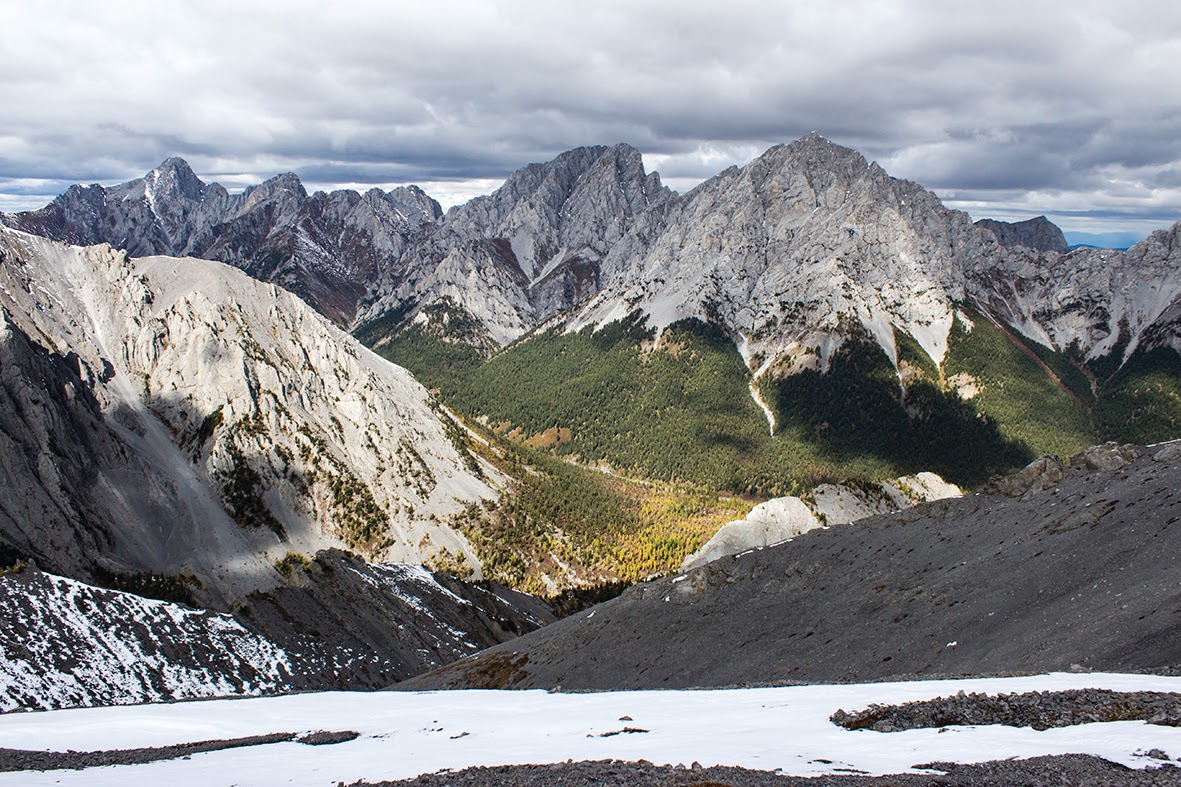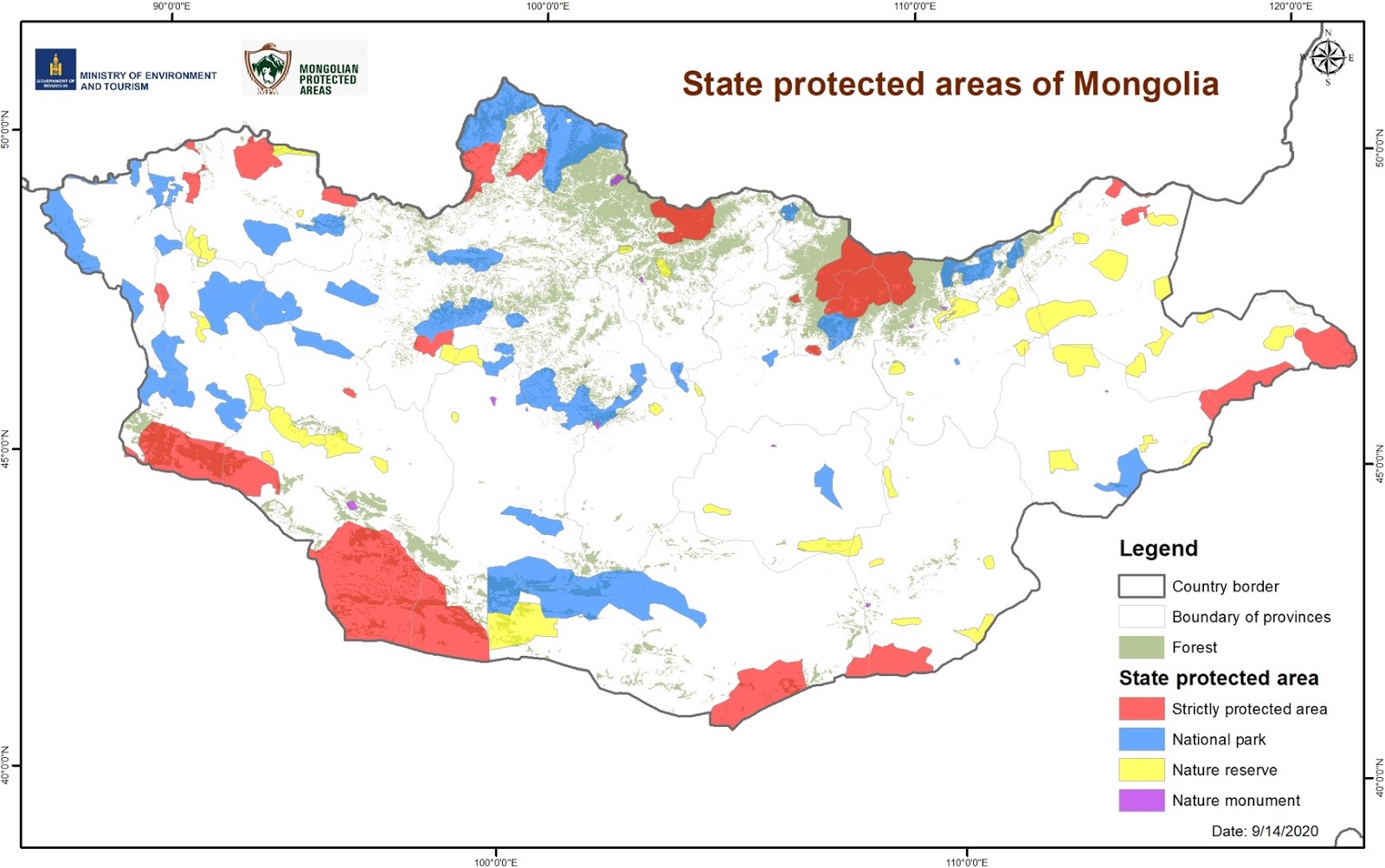Photo credit: Gantulga B. WWF Mongolia
Protected Area Planning Guidance for Mongolia
Mongolia Launches Protected Area Planning Guidance
Mongolia adopts use of the Conservation Standards for planning and management of all protected areas
Story from Munkhchuluun B (WWF-Mongolia) and Boldbaatar T. (Ministry of Environment and Tourism of Mongolia)
Over the last ten years, 73 of Mongolia’s 116 protected areas have developed management plans following the guidance of the Conservation Standards. In January 2021, an upgraded version of the methodology was officially approved by the Ministry of Environment and Tourism as the official planning guidance for all of Mongolia’s protected areas. This methodology will help meet the needs of protected areas and conservation. The methodology has many advantages:
- Fully introduces all steps of the Conservation Standards
- Aligns with the government-approved Strategic Plan Development Methodology, an evidence-based tool that must be used by all state organizations
- Includes detailed recommendations and guidelines on integration of climate change, human wellbeing targets, participatory approaches, and implementation mechanisms
- Reflects the experiences gained by protected area staff over the last 10 years
Mongolia’s new Protected Area Planning Methodology is the result of the close collaboration between CCNet-Mongolia, the Ministry of Environment and Tourism, the World Wildlife Fund, The Nature Conservancy, the German development bank KfW and development agency GIZ and protected area staff.
Download document
Mongolia Protected Area Management Strategy (Language: Mongolian)
Download CS
The Conservation Standards is the product of inputs, field tests, and discussions among members of the Conservation Measures Partnership (CMP), which has final editorial authority over the Conservation Standards. Substantial input was also provided by members of the Conservation Coaches Network (CCNet) and other CMP partners.
Photo Credit: Felix Cybulla
Support CS
The biodiversity conservation community is tackling large, complex, and urgent environmental problems where the stakes are high. However, we don’t have a fully functional system to assess the effectiveness of our actions. Without more rigorous measurement of effectiveness and disciplined recording of our efforts, we cannot know or demonstrate that we are achieving desired results.
Photo Credit: Felix Cybulla
Our Collaborators
Every organization, agency, project, and individual has its own preferred set of terms. There is no right answer – the most important thing is that the members of your project team and the people with whom you work have a clear and common understanding of whatever terms you choose to use.
Photo Credit: Chris Scarffe
Contact Us
To inquire about supporting Conservation Standards (CS) or for general inquiries, please contact us at CMPinfo@ConservationMeasures.org
Photo Credit: Nature Conservancy of Canada


